The autonomous ride-hailing company gave CNET an exclusive look at its latest endeavor.


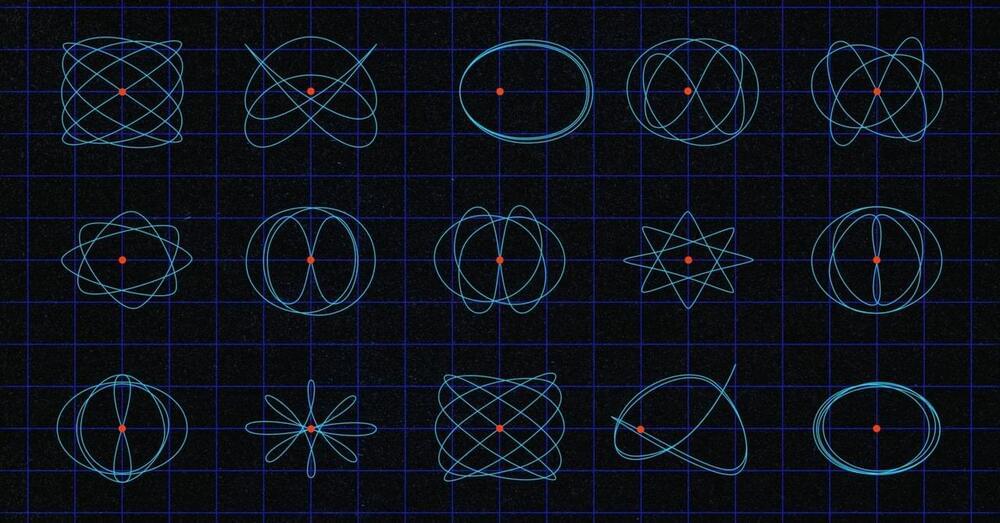
The original version of this story appeared in Quanta Magazine.
In October, a Falcon Heavy rocket is scheduled to launch from Cape Canaveral in Florida, carrying NASA’s Europa Clipper mission. The $5 billion mission is designed to find out if Europa, Jupiter’s fourth-largest moon, can support life. But because Europa is constantly bombarded by intense radiation created by Jupiter’s magnetic field, the Clipper spacecraft can’t orbit the moon itself. Instead, it will slide into an eccentric orbit around Jupiter and gather data by repeatedly swinging by Europa—53 times in total—before retreating from the worst of the radiation. Every time the spacecraft rounds Jupiter, its path will be slightly different, ensuring that it can take pictures and gather data from Europa’s poles to its equator.
To plan convoluted tours like this one, trajectory planners use computer models that meticulously calculate the trajectory one step at a time. The planning takes hundreds of mission requirements into account, and it’s bolstered by decades of mathematical research into orbits and how to join them into complicated tours. Mathematicians are now developing tools which they hope can be used to create a more systematic understanding of how orbits relate to one another.

Serial home tests would reduce unnecessary colonoscopy testing. Patients with suspected inflammatory bowel disease (IBD) could benefit from better testing protocols that would reduce the need and lengthy wait for potentially unnecessary colonoscopies, a new study has found.
In a paper published in Frontline Gastroenterology, researchers from the Birmingham NIHR Biomedical Research Centre (BRC) at the University of Birmingham tested a new protocol to improve IBD diagnosis combining clinical history with multiple home stool tests.
In the two-year study involving 767 participants, patients were triaged and had repeated faecal calprotectin (FCP) tests and the research team found that the use of serial FCP tests were able to strongly predict possible IBD as well as Crohn’s Disease and Ulcerative Colitis.
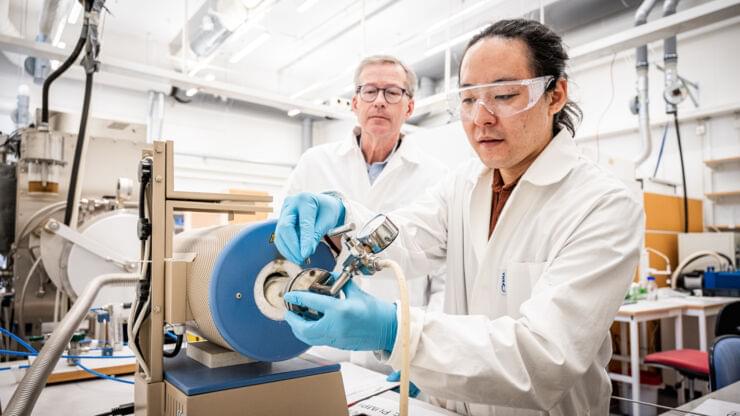
For the first time, scientists have managed to create sheets of gold only a single atom layer thick. The material has been termed goldene. According to researchers from Linköping University, Sweden, this has given the gold new properties that can make it suitable for use in applications such as carbon dioxide conversion, hydrogen production, and production of value-added chemicals. Their findings are published in the journal Nature Synthesis.
Scientists have long tried to make single-atom-thick sheets of gold but failed because the metal’s tendency to lump together. But researchers from Linköping University have now succeeded thanks to a hundred-year-old method used by Japanese smiths.
“If you make a material extremely thin, something extraordinary happens — as with graphene. The same thing happens with gold. As you know, gold is usually a metal, but if single-atom-layer thick, the gold can become a semiconductor instead,” says Shun Kashiwaya, researcher at the Materials Design Division at Linköping University.
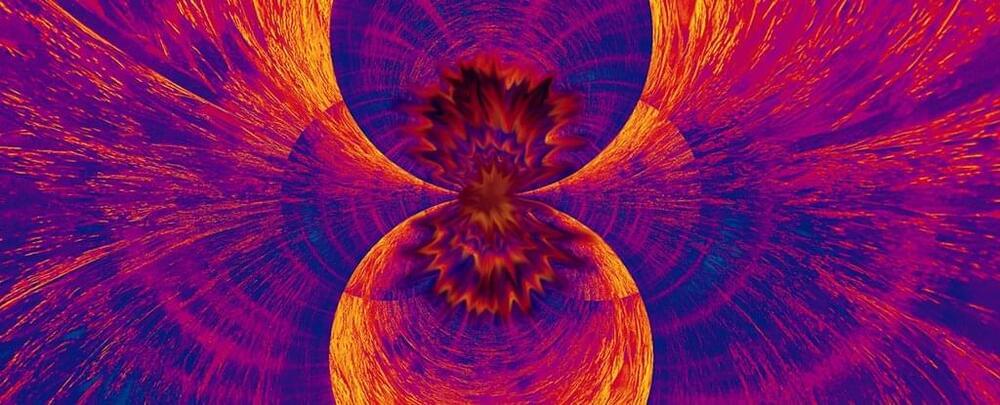
A year after all but ruling out the possibility, a pair of theoretical physicists from Japan and the Netherlands have found quantum entanglement has something fundamentally in common with the physics that drives steam engines, dries your socks, and may even keep the arrow of time pointed in one direction.
This universal property, if indeed it exists as they suggest, would govern all transformations between entangled systems and give physicists a way to measure and compare entanglement beyond counting qubits – and know their limits of manipulating entangled pairs.
Quantum entanglement, the tendency for the quantum fuzziness of different objects to mathematically merge, is a fundamental part of quantum computing along with superposition. When particles, atoms, or molecules are entangled, knowing something about one tells us something of the other.



During today’s earnings call covering the second fiscal quarter of 2024, Apple CEO Tim Cook again spoke about Apple’s work on generative AI. He said that Apple has “advantages” that will “differentiate” the company in the era of AI, and some “very exciting things” will be shared with customers in the near future.
We continue to feel very bullish about our opportunity in generative AI. We are making significant investments and we’re looking forward to sharing some very exciting things with our customers soon.
We believe in the transformative power and promise of AI and we believe we have advantages that will differentiate us in this new era, including Apple’s unique combination of seamless hardware, software and services integration, groundbreaking Apple silicon with our industry leading neural engines, and our unwavering focus on privacy, which underpins everything we create.
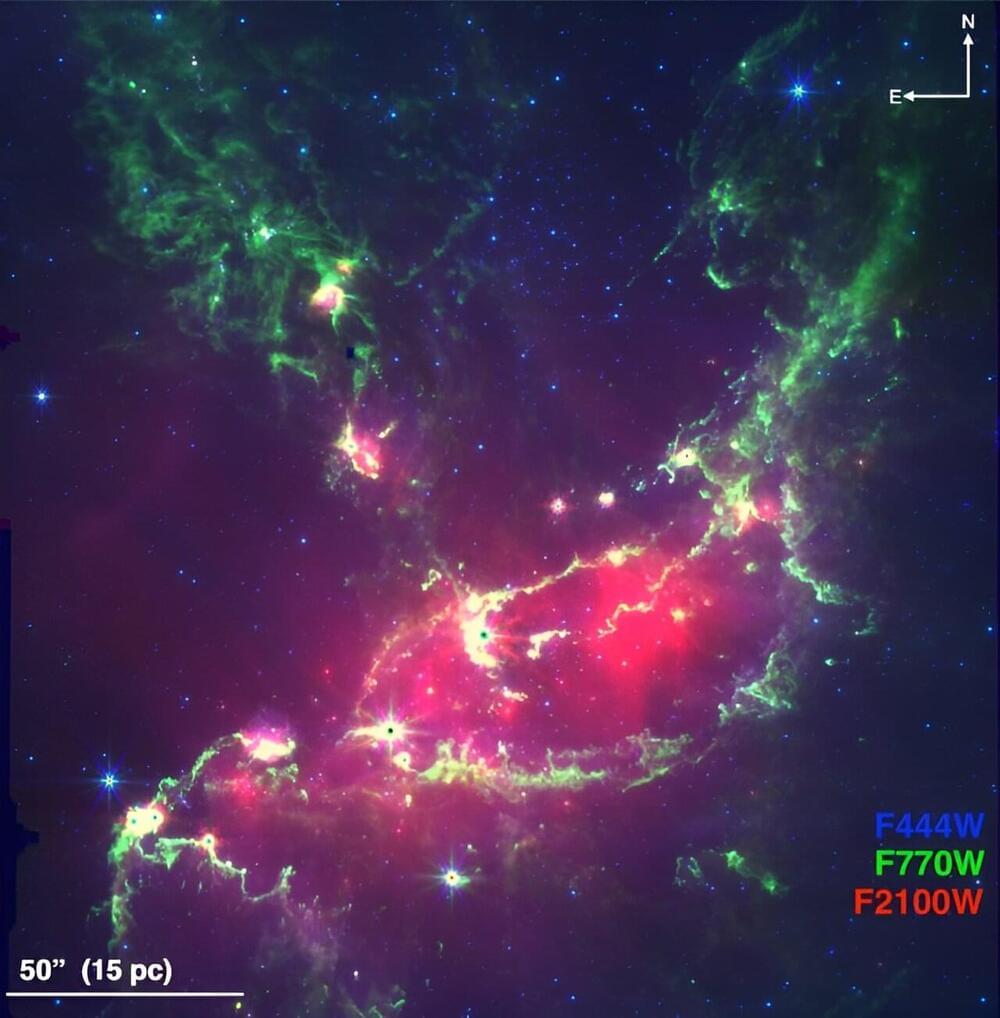
Using the James Webb Space Telescope (JWST), an international team of astronomers has explored young stellar objects (YSOs) in an open cluster known as NGC 346. The study, published April 24 on the preprint server arXiv, yields crucial information about the properties of YSO population in this cluster.
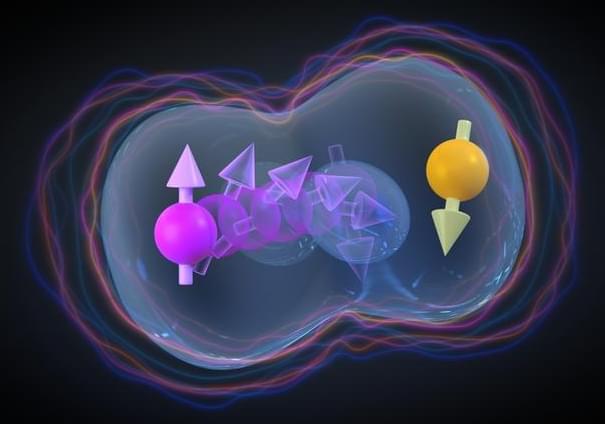
Researchers from the University of Basel and the NCCR SPIN have achieved the first controllable interaction between two hole spin qubits in a conventional silicon transistor. The breakthrough, reported in Nature Physics (“Anisotropic exchange interaction of two-hole spin qubits”), opens up the possibility of integrating millions of these qubits on a single chip using mature manufacturing processes.
Two interacting hole-spin qubits: As a hole (magenta/yellow) tunnels from one site to the other, its spin rotates due to spin-orbit coupling, leading to anisotropic interactions represented by the surrounding bubbles. (Image: NCCR SPIN)
The race to build a practical quantum computer is well underway. Researchers around the world are working on a huge variety of qubit technologies. So far, there is no consensus on what type of qubit is most suitable for maximizing the potential of quantum information science.